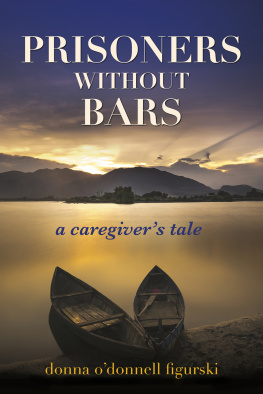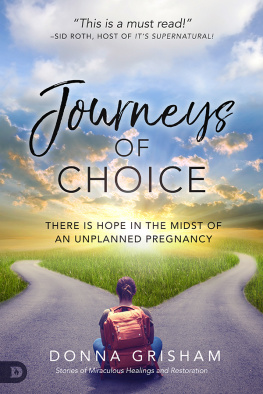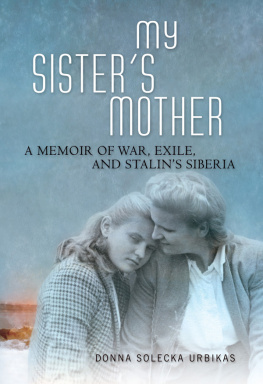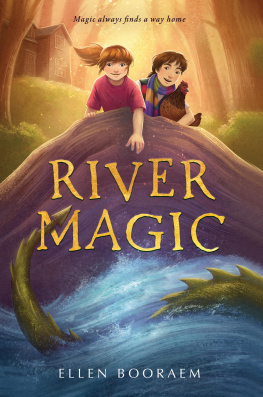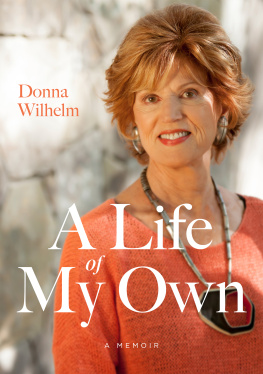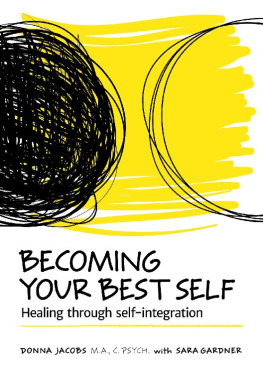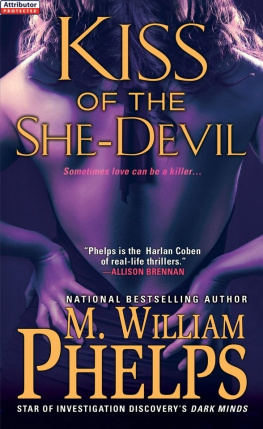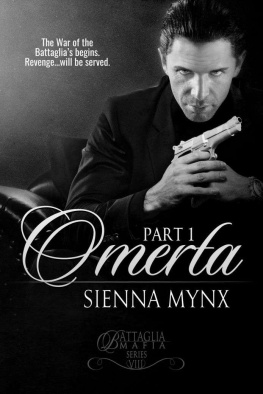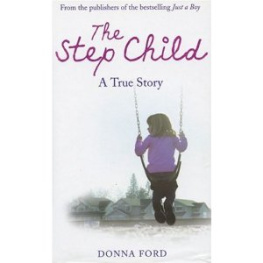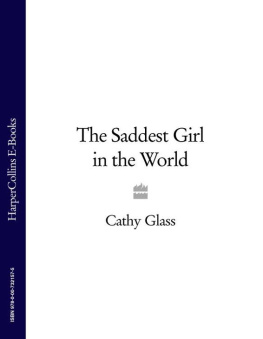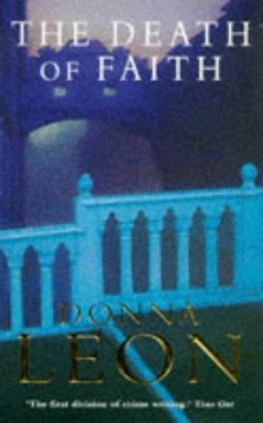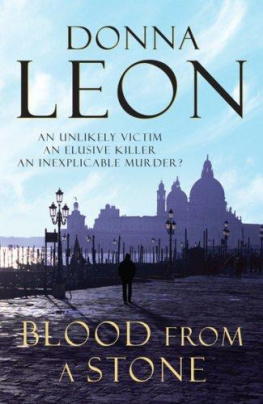
Prisoners without Bars: A Caregivers Tale
2018 Donna ODonnell Figurski. All rights reserved.
No part of this book may be reproduced or transmitted in any form or by any means, electronic or mechanical, including photocopying, recording, or by any information storage and retrieval system, without permission in writing from the publisher.
This story is told from the authors experience and perspective. Some names and identifying details have been changed to protect the privacy of individuals.
Published in the United States by WriteLife Publishing
(An imprint of Boutique of Quality Books Publishing Company)
www.writelife.com
978-1-60808-205-6 (p)
978-1-60808-206-3 (e)
Library of Congress Control Number: 2018956542
Book design by Robin Krauss, www.bookformatters.com
Cover design by Marla Thompson, www.edgeofwater.com
First editor: Olivia Swenson
Second editor: Caleb Guard
Praise for Prisoners without Bars
Most stories about tragedies or medical journeys focus on the patient. Donna ODonnell Figurskis Prisoners without Bars: a caregivers tale is such a compelling read because it looks at traumatic brain injury through the caregivers lens. I related to so much of what Donna describesfrom the low moments of despair to celebrating the small and large victories.
Lee Woodruff, caregiver and author with Bob Woodruff of
In an Instant: A Familys Journey of Love and Healing
Prisoners without Bars author, Donna ODonnell Figurski, unabashedly asks, How was my vibrant, so-smart husband reduced to this? when her husband, a respected Columbia professor with a PhD in molecular biology, struggled with the simplest of daily activities after his cerebellar hemorrhage. Her book is a testament to the importance of patient advocacy after brain injury, and their story of reinvention and resilience is a testament to the healing power of love.
Rosemary Rawlins, caregiver for her husband, Hugh,
who has a brain injury; author of Learning by Accident;
editor for BrainLine
Only someone who has been on this journey could ever begin to understand that, with all the pain, we are still so very grateful for our new life. Donna ODonnell Figurski tells her story of grace, love, frustration, anger, disappointment, strength, joy, and above all hope. I believe Donna and Davids beautiful, painful, and inspiring story will bring comfort, insight, and the hope that all does not have to be lost, even for a prisoner without bars and the person who loves him or her.
Judy Thau, caregiver for her husband,
Steve, who has a brain injury
In my darkest days, I was praying I would meet someone like Donna who understood the life of being a caregiver for a brain-damaged husband. Its not an easy task. Donna has been a great teacher and example for me. I appreciate her zeal for knowledge and her helping others through their hardships. The brain-damage world is such a mystery to many. I appreciate Donna for all she does to help educate others.
Cyndy Feasel, former caregiver for her husband, deceased
former Seattle Seahawks lineman Grant Feasel, who suffered
from a brain injury; author of After the Cheering Stops
Donna and David Figurski are a power couple, personifying courage and dignity in the face of unspeakable odds. Theirs is a story of medical tragedy and personal triumph: David, having suffered a hideous brain-bleed, battled, along with Donna, to find a new normal... Written with detailed candor that lacks medical mumbo-jumbo, this is also a love storylove in the thick of a crisis. It is an honest, wise, gutsy book that informs and inspires those who are struggling with TBI, their support-teams, and all who might one day encounter this devastating injury. In short, this book is an important read for everyone.
Nancy McDonough, retired 2nd grade teacher and mentor;
reviewer for the National Science Teachers Association;
reviewer for the International Literacy Association
To my best friend and husband, Davidnot only a survivor of traumatic brain injury, but also a conqueror. Your road back from the other side was an arduous one, yet you executed each step with grace and poise. You are as amazing as you were on the first day I met you. There was magic then. There still is. Thank you for staying with me. Of course, you know I would never have forgiven you if you had left me too soon. I love youalways will. Three squeezes!
David and Donnas story is one of the tragic possibilities that life affords us. We must exercise our abilities to their fullest extent to make the best of our most challenging trials. This is exemplified not only by Donnas family trauma, but also by their progressive and heartfelt triumph. Donnas narrative explains traumatic brain injury and its multiple destructive tentacles, while showing us the power of love, dedication, and persistence.
I admire and respect David and Donnas battle to overcome what so many of us cannot imagine. They have reintroduced us to the meaning of our existence and to the sanctity of its preservation.
This account has reinforced my dedication to my profession. Medicine for me has always been a unique privilege to heal and comfort. A physicians knowledge and training must provide thorough and evidence-based competence, but always with compassion and professionalism. Every day, I am reminded of my oath to serve as a healer by being a trusted liaison between formidable illness and human beings.
David and Donna have my admiration, and I thank them for allowing me to assist in their quest to overcome incredible adversity.
Neurologist
New Jersey
When my husband, David, suffered what the neurosurgeons called a traumatic brain injury (TBI) in January of 2005, his world was upended. Mine was redesigned. I never intended to write his story. My expertise lies in writing for children, not adults. Besides, I had no time. I barely survived each day as I took up residence in whichever of the three hospitals David was a guest. Writing this book never crossed my mind.
But I did write. I wrote wordy informational emails to family and friends across the country, explaining each minute detail of Davids day. I called the emails updates. They were my lifelines to folks outside my immediate world. Until I began work on this book a year later in 2006, I didnt realize how crucial those emails were, as were the digital recordings I scrupulously kept each time I spoke with a doctor, nurse, or therapist. Without these histories, I wouldve had to rely on sketchy memories.
Though I made no conscious effort to write this book, words flowed late each night, after I put David to bed and when my defenses were fragile. That is when I cried. Releasing suppressed emotions and tears allowed me to face each new day. In this way, Davids story unfolded, and I realized I had to tell it. I expect that the writing of this book, memories stumbling across my mind and words spilling onto the screen, was therapeutic.
David emerged on the other side of TBI, though he didnt arrive unscathed. Neither of us had. He had, and still has, many obstacles to overcome, but Davids story is how one man survived and is conquering traumatic brain injury with patience, persistence, and grace. He is an inspiration not only to family and friends, but also to everyone he meetsand especially to me, who lives his daily struggle.
My sincere wish is that survivors of traumatic brain injury can identify with and relate to Davids story and gain solace from it. I hope those with TBIeither through closed-brain injuries like Davids, or from an unfortunate accident or from the ravages of war (many of our returning soldiers are afflicted with TBI)know that they are not alone. I feel for their caregivers, and I want to offer them my encouragement. I hope that Davids story will inspire other survivors as Jill Bolte Taylors book,
Next page
